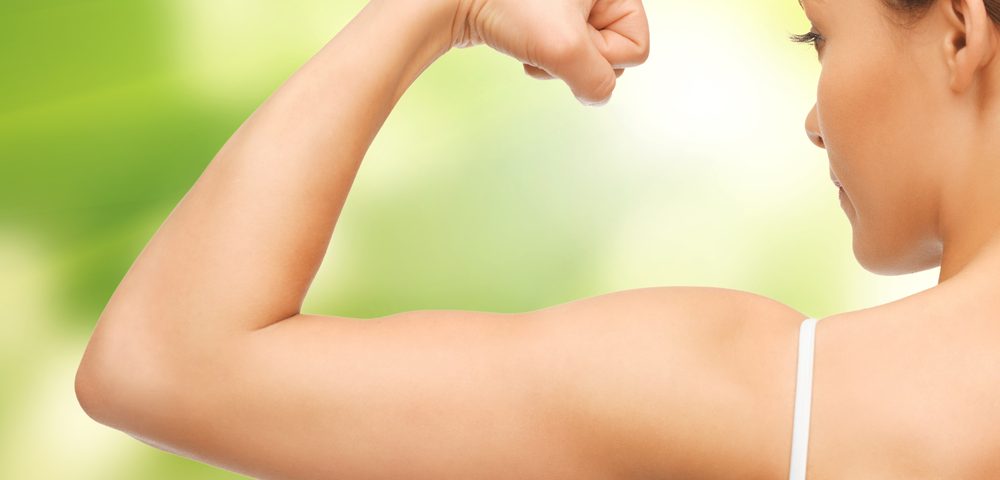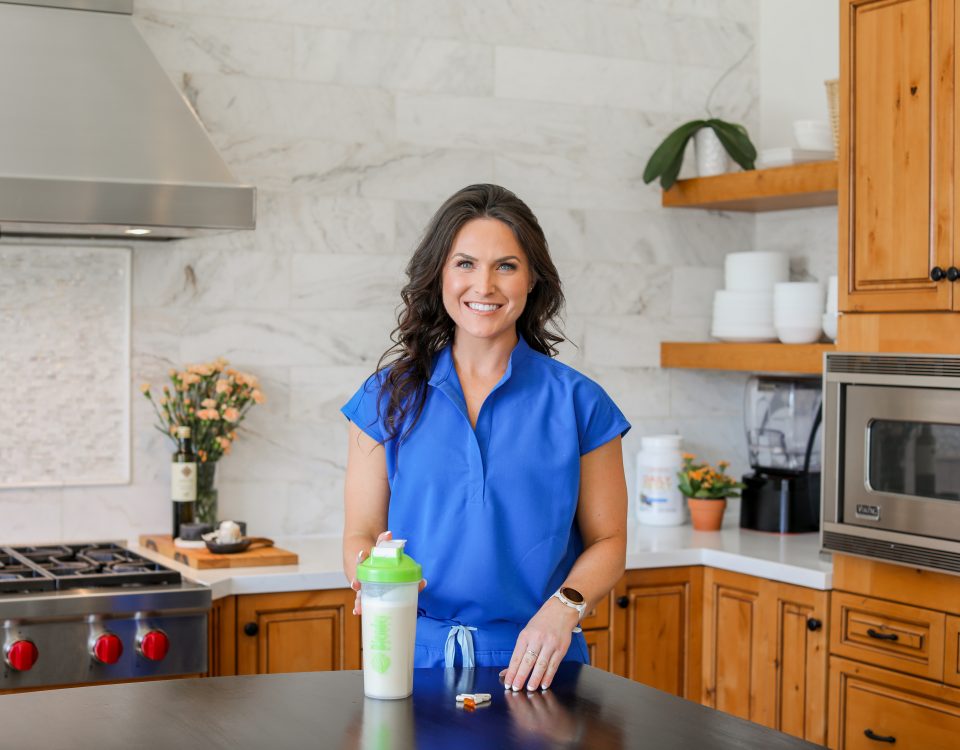Hey, there! Dr. Alan Christianson here. We had a great question sent to our Facebook page. Sam asked us what foods he can eat to raise his testosterone levels. Really cool question, and I want to go above and beyond with my answer to show the significance of this topic.
- Have any questions?
- 480-631-7837
- support@in-goodhealth.com

Thai Chicken Coconut Soup
March 26, 2023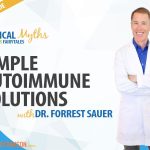
Simple Autoimmune Solutions with Dr. Forrest Sauer
March 29, 2023
Thai Chicken Coconut Soup
March 26, 2023
Simple Autoimmune Solutions with Dr. Forrest Sauer
March 29, 2023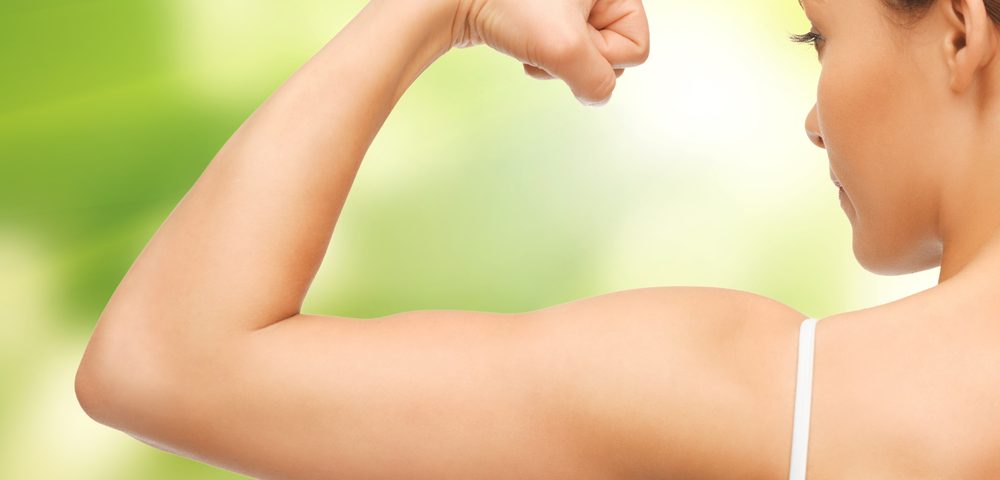
Testosterone is a hormone that helps your body repair. It is also a way to gauge what our current state of health is. I’ll explain: In our bodies, we are always breaking down and rebuilding, and we need this balance. As children, we rebuild faster than we break down, so we grow – get bigger and taller. As adults, that levels out and ideally, our repair keeps up with our breakdown. Somewhere along the way, the repair slows, and the breakdown gets the upper hand. That is what aging is. So, these facets of health really boil down to one thing: Are we building as fast as we are breaking down? We want to keep these things steady.
Testosterone within healthy ranges is one of the better predictors of our repair processes – how well we fix our tendons, ligaments, skin, bones and nails. How we regenerate is a result of how much testosterone we are producing. There are times when we produce less. For instance, the testosterone levels in women can decrease in fair amounts with pre-menopause and menopause, especially if they’ve had their ovaries or uterus removed. When men are going through andropause (in our mid-forties to mid-fifties), we can produce a lot less testosterone.
Our total level of adrenal function can also influence our testosterone. Many of these hormones can come from multiple sources. Not only do we make testosterone from the ovaries/testicles, but also from our adrenal glands. The more healthy and resilient they are, the more testosterone we produce. So, when we are in a state of good health, good adaptation and are thriving, our stress crisis hormones are low and timed right. This allows us to be in a state of good repair. On the flip side, when we are in a state of crisis – just surviving and barely functioning – our repair hormones are compromised. We are not rebuilding. We are in a state of breakdown, just trying to get through the moment. So, monitoring your testosterone production is a bit of a marker of your resiliency.
The more you have good, quality sleep, brisk, short-term and intense exercise, and healthy, deep and engaging relationships (including physical relationships), the more your body will produce testosterone. All your hormones get used and get broken down. How quickly you break them down, and whether you break them down into things that block the good effects, can shape how your hormones are working.
Having said that, there are some ways in which your foods can boost your testosterone, and we will talk about those. One of my favorite foods is pumpkin seeds. Pumpkin seeds have many cool compounds. They contain something, called beta-sitosterol. For guys, it is great for our immune systems and our prostates. It helps the prostate drain easier and not get clogged. Most hear about breast cancer, fibrocystic breast disease and how big these problems are. It is so true. For men, our prostate is kind of the equivalency. It’s similar tissue that responds to our hormones and our environmental toxin load, and pumpkin seeds are great for that. They are wonderful for both genders and are a very high source of zinc. Zinc is a nutrient used literally in hundreds of chemical reactions, and we can easily be deficient in it. There are both green and white pumpkin seeds. The green ones are also called pepitas and have been hulled. There are actually two versions of the white ones. Some have inedible husks, and some have white membranes around the seeds. These membranes are what you really want, as they contain the beta-sitosterol. If you look, you can find some pumpkin seeds that have that. They may be dry roasted and have a little sea salt, but avoid all artificial flavors, strange ingredients or preservatives. The white ones are great for the beta-sitosterol, and the green ones are still really good because of the zinc.
The very highest, food source of zinc is oysters. Love them or hate them, if they are a food you can negotiate eating on a regular basis, they can really transform your health. Even one serving a week can make a big difference on your zinc status, including measurable shifts in testosterone and big improvements in its corollary effects, such as libido and exercise recovery. These are all areas where oysters can legitimately help. So, where should you get oysters? There are a couple ways to go. Look at high quality markets, like Whole Foods, and be savvy about the sources of the oysters and how to cook them. You can also get them from better restaurants, but there are many sources of clean, high quality oysters that are readily available.
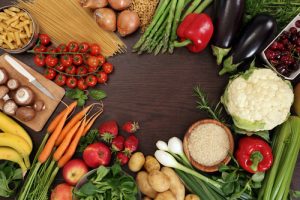
What are some other good foods? Here is a favorite: broccoli. Broccoli has compounds that keep us from making bad estrogen. Some testosterone gets converted to estrogen. Now, here is the crazy thing we are going to learn more about in the future: Guys need estrogen. A few decades back, it was kind of radical to say women need testosterone, and now, it is totally accepted. So, guess what? Guys need a little estrogen. There is increasing data that when men have too little estrogen, it causes health problems with brain aging and bone aging. So, we need some estrogen, but we can easily get too much. Broccoli has many good compounds that help us regulate that. You may hear concerns that broccoli harms your thyroid function. If you are living somewhere where goiters are common because of iron deficiency, then this effect of broccoli is small and subtle. If you are anywhere else in the modern world, where we fortify our salt with iodine, the effect is nil – not at all relevant. So, have your broccoli and enjoy it, as it is good stuff.
Another food I love for a lot of reasons is Brazil nuts. We need selenium for producing testosterone and allowing ourselves to respond more effectively to it. We can easily get low in selenium. Brazil nuts are so potent in selenium, you can actually get too much. Two or three nuts a day, on average, is about what you need. Just a few of them make a big difference.
There are also some common parts of the diet that work against your body’s production and use of testosterone. Public enemy number one is fructose. This is the most dangerous part of sugar and ironically, even things like fruit juices and dried fruits have fructose. So, in terms of actual amounts, you want to keep your sugar intake (especially fructose) down to a few grams per meal at most. Really avoid all dense sources of sugar and all the processed foods that contain it. If that sounds like a big step to take, give it a shot for a week, and go one hundred percent. Here is my motivation for saying that: I have seen time and again that if someone tries to reduce their sugar intake, they are still in that craving cascade. They are still getting enough to be addicted, so they’re struggling and exerting a lot of willpower. If you actually ditch the stuff for a week, it really is not that big of a deal. Your taste buds change. Your brain chemistry changes, your blood sugar improves and you will not be missing it. So often, we think our cravings are core elements of our personality or psychology, but many are not. Many are just functions of our blood sugar getting thrown all around, and that’s what a lot of sugar cravings are. So, make it easy: Ditch the stuff for a week, and do not look back.
The other big thing that works against testosterone is alcohol. There has been some talk in public press and popular literature that alcohol promotes health. Honestly, from looking hard at the data, I do not really see that. If your blood is thin because of alcohol, you’re less apt to have a stroke or a heart attack, but you can easily get the same benefits from fish, nuts, seeds, garlic or ginger. The detriment of alcohol is it causes our fats to make very dangerous estrogens that block testosterone. It also puts our body into a state of harming our brain cells. Studies have shown how the size of your brain changes as you age. The most well-known brain doctor, Dr. Dan, says when it comes to the brain, size does matter, so you want to keep your brain volume sustained. Every serving of alcohol you have – even if it’s only one a week – causes you to have less brain volume than those that have less alcohol. So, the detriments of alcohol are clear.
What about alcohol and cancer? As a woman, if you have over three small servings of alcohol a week, every amount is raising your risk of breast cancer higher and higher. Many have argued that ninety percent of cancers result from obesity, tobacco and alcohol, so those are the big three. Alcohol is a strong carcinogen. Personally, I am sure I have my bias, but I do not have the strongest liver so could never function as an alcoholic. It’s a way to weaken the liver. I probably have about 6-10 drinks per year, if even that. I do not formally drink, but have noticed when I do drink, my functionality is down for days. I am not at my sharpest nor performing at my physical best. So, I would rather be better for longer periods of time than to have a short, truncated period of time being disoriented. So, an easy way to raise your testosterone and your vitality is to drop the alcohol. If that is not compelling enough to stop or slow drinking, then think about your skin. Each serving of alcohol is also damaging your collagen layers, causing your skin to age faster and become wrinkly much more quickly because of the collagen loss.
The last big food that affects your testosterone level is wheat. There is no shortage of data beating up wheat nowadays, but it does have detrimental, hormonal effects in terms of shifting your testosterone and estrogen subtype ratios. This is even separate from its roles with celiac disease, as an intolerant food or affecting digestion. It is simply more of an estrogen-type food.
So, lower the wheat, the sugar and the alcohol. Have some oysters if you can stomach them. You may even acquire the taste, as I love them. Throw in some Brazil nuts, some pumpkin seeds and some broccoli. The big picture is your sleep, relationships, connections, freeing up your time and managing your body’s whole fight state. This is good, targeted training, and you can become more energized. You can recover from exercise easier, and enjoy it more. So take care, and we will talk again real soon.

P.S. Whenever you are ready, here is how I can help you now:
- Schedule a Thyroid Second Opinion with me, Dr. C, Click Here for Details
- Need help to choose supplements? Click ‘Help Me Decide Here'
- Get my top books Here
Dr. Alan Glen Christianson (Dr. C) is a Naturopathic Endocrinologist and the author of The NY Times bestselling Hormone Healing Cookbook, The Metabolism Reset Diet, and The Thyroid Reset Diet.
Dr. C’s gift for figuring out what works has helped hundreds of thousands reverse thyroid disease, heal their adrenals, and lose weight naturally. Learn more about the surprising story that started his quest.


